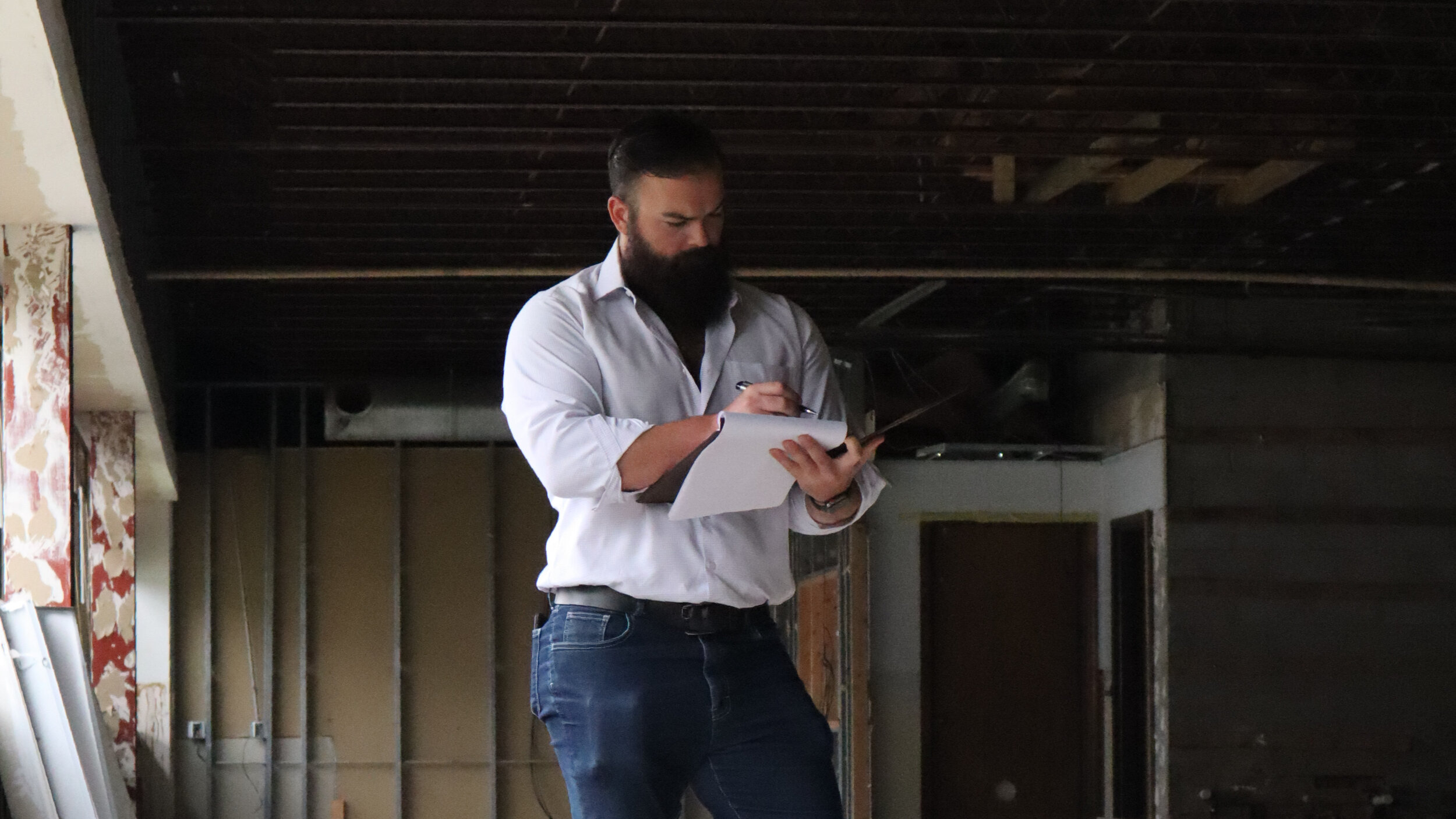No - Renting Is NOT A Waste of Money
The infinite debate - renting vs. owning real estate.
Is renting your property instead of becoming a property owner really a complete waste?
We’ve all heard the “why pay the landlord’s mortgage when…” or “you’re throwing money away” by renting, but that’s a gross oversimplification.
Yes, owning real estate and being a real estate investor long-term is typically better for building wealth, but that’s simply not true for everyone and in every situation.
In fact, I own 7 commercial properties and still choose to rent my own residence.
Here’s how renting is NOT a complete waste of money.
4 Reasons to Rent vs. Buy Real Estate
There are four reasons that you should consider renting instead of buying:
Flexibility
Lower Upfront Costs
Less Responsibility
Better Lifestyle for Less
Let’s dive a little further into each of these.
Flexibility
Renting real estate provides you with far more flexibility than ownership.
When you buy a property, your capital is tied up and is far less liquid than having cash or even holding other investment vehicles.
It’s essentially trapped equity.
Renting real estate, on the other hand, allows you to keep your capital liquid for use in other investments or in case of emergencies.
Since leases are often year to year, you can also move from an apartment to a home or from city to city without having to worry about renting out your old property or selling it.
For some, this flexibility can be the deciding factor to rent.
Lower Upfront Costs
Having to come up with a down payment, cover all of your due diligence, and pay for closing costs can often take purchasing real estate off the table for most would-be buyers.
Down payments, alone, are usually in the 3.5% to 20% range for residential and 10% to 35% for commercial, which can be a substantial amount of cash out of pocket depending on the specifics of property you’re buying.
Due diligence can also become fairly expensive if you need to get ALTA surveys, environmental and inspection reports, title searches, and more.
And closing costs can sneak up on you when you have to pay legal and financing fees.
When you rent real estate, you don’t have to come out of pocket for anything other than your security deposit (maybe) and first month’s rent, helping you keep your overall costs lower.
Less Responsibility
When you own the real estate, you are solely responsible for taking care of any and all maintenance and repairs.
That means that if the roof needs replacement you’ll only have to come out of pocket for all expenses, but it could also make your living arrangements uncomfortable (if it’s your home) or your returns could take a big hit (if it’s an investment).
One way around that, of course, is if you’ve assigned those responsibilities to the tenant, but you’ll still have to oversee the condition of the property to ensure that the work is being completed and performed properly.
When you rent real estate, the landlord is likely going to be responsible for making those repairs - unless you’ve signed a triple net commercial lease or something similar.
That means that when your dishwasher breaks, you can notify your landlord to fix it and go about your day without missing a beat. No finding a repairman, dealing with scheduling windows, and taking time out of your day to let them in your place.
Better Lifestyle for Less
Here’s exactly why I choose to rent an apartment instead of buying a home.
In East Nashville, I can rent a one bedroom apartment unit for around $1,300 to $1,500 per month, plus utilities.
These apartment complexes typically offer grocery and pharmacies within walking distance, a large pool, a fully outfitted fitness center, a lobby with coffee machines and work stations, package and delivery security, keycard access garages, dog washing stations - the list really goes on and on.
If I were going to buy a piece of real estate with similar amenities and location, I would likely have to buy in the $600,000 to $800,000 range - and that’s IF I could even find something in this crazy market.
That means I would have to come up with $60,000 to $80,000 down and my mortgage payment would be over $2,400 a month. Talk about taking a huge hit to cash reserves and cash flow.
Obviously, this is a residential example, but it also applies to the commercial side, too.
Should You Rent or Purchase Real Estate?
I believe there are appropriate times for both cases.
As a real estate investor, you will have to calculate your opportunity cost for both buying and renting - depending on your situation, either could really make sense.
For me, I choose to rent the assets that don’t make me any money and buy those that have potential for a return on investment.
So, I rent my residence, since owning a home to me is essentially a glorified bank account that I would have to pay for and take the time to maintain, while I purchase commercial properties as investments.
Your decision will certainly depend on your personal portfolio and business / tax structures, but many established real estate professionals follow the same path that I have taken - they’ll rent their residence to keep their owner-occupied expenses low since that capital won’t be bringing in an immediate return on your investment and use their funds to purchase more cash flowing assets.
About The Author:
Tyler Cauble, Founder & President of The Cauble Group, is a commercial real estate broker and investor based in East Nashville. He’s the best selling author of Open for Business: The Insider’s Guide to Leasing Commercial Real Estate and has focused his career on serving commercial real estate investors as a board member for the Real Estate Investors of Nashville.








Recessions expose the strengths and weaknesses of every investment portfolio—but in commercial real estate, some asset classes consistently rise above the volatility. While economic downturns often lead to higher vacancies, tighter lending conditions, and declining property values, not all sectors are equally vulnerable. In fact, a select group of asset classes tend to outperform, offering dependable cash flow and tenant stability even in uncertain times.
These recession-resistant properties share a few key traits: they serve essential needs, attract long-term tenants, and demonstrate historically low vacancy rates regardless of economic conditions. Whether you’re a seasoned investor rebalancing your portfolio or a new buyer looking for durable assets, understanding where to deploy capital in a recession is critical.
In this post, we’ll break down the top three commercial real estate sectors that offer resilience during downturns—industrial real estate, medical office buildings, and necessity-based retail. Each has its own strengths, challenges, and long-term outlook—but together, they represent a strong foundation for any investor looking to build a portfolio that can weather the next economic storm.
Let’s dive in.